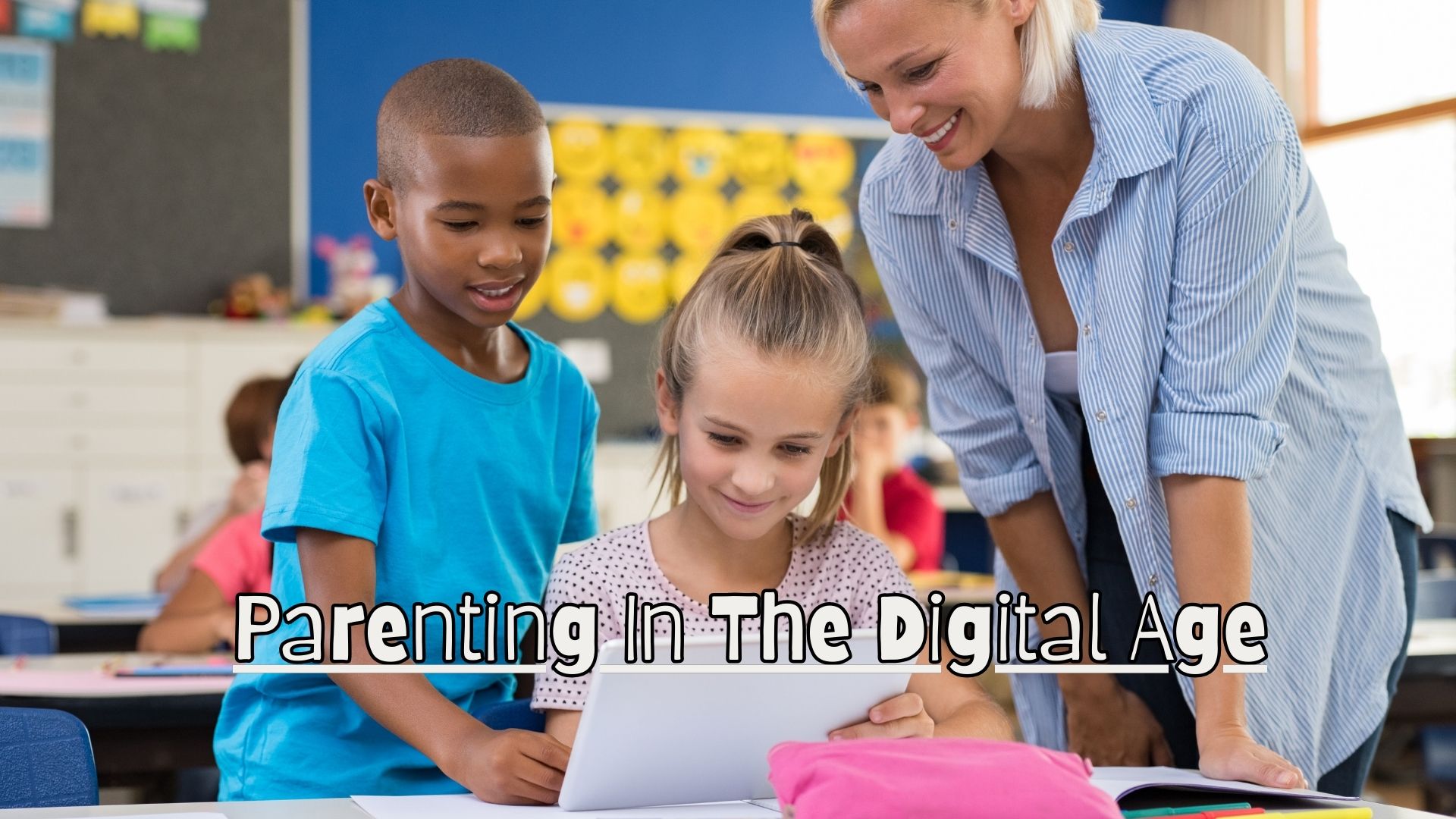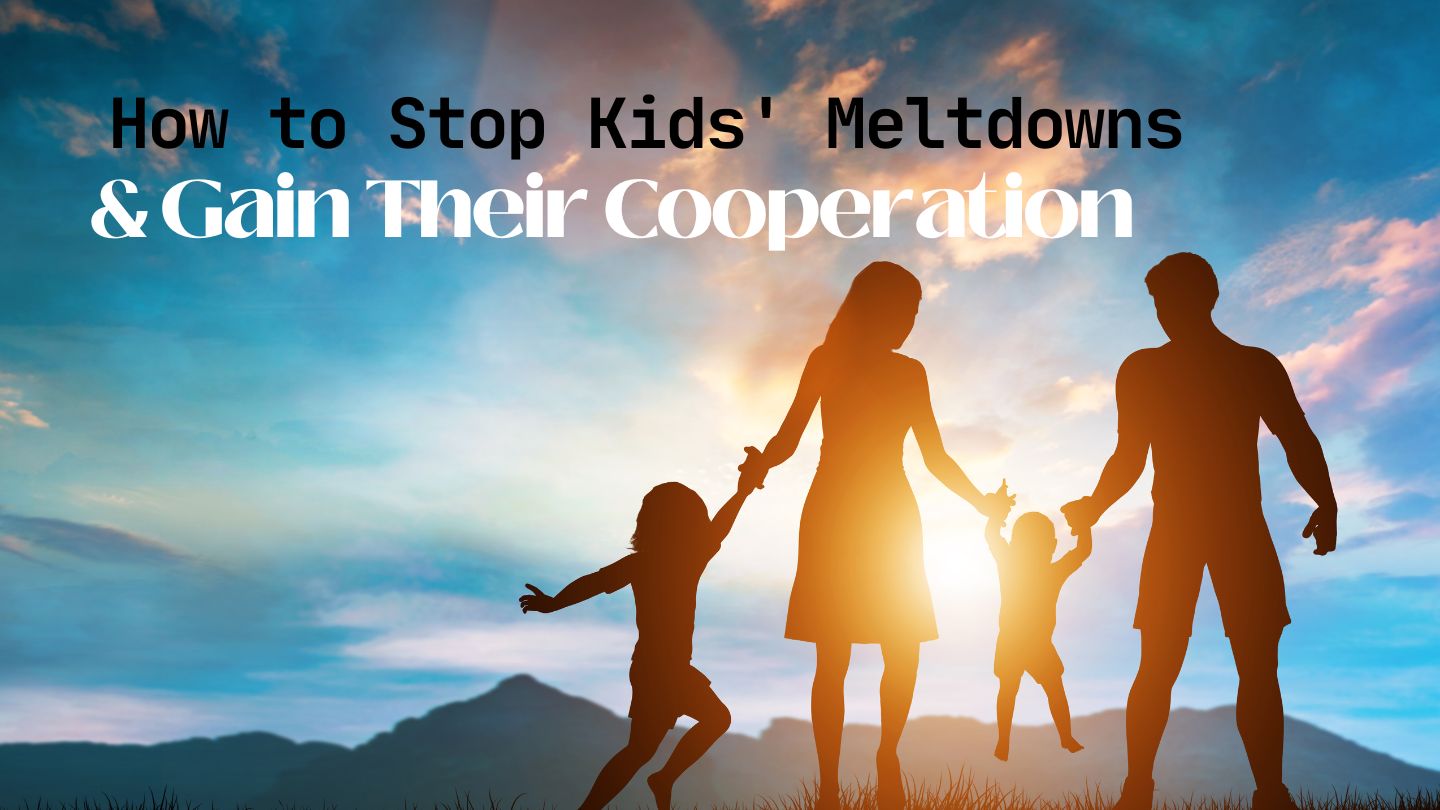Latest From Upschool
- How to Stop Kids’ Meltdowns and Gain Their Cooperation
- Making Big Decisions When You and Your Co-Parent Disagree
- Building Your Child’s Self Esteem
- Separation Anxiety & Starting School
- Why Parents Should Listen to Kids
- How To Raise Emotionally Intelligent Children
- How to Combat End of Year Fatigue
- Navigating Technology and Kids: A Guide for Parents
-
-
No videos yet!
Click on "Watch later" to put videos here
- View all videos
-
-
-
Don't miss new videos
Sign in to see updates from your favourite channels
-
Other
Parenting In The Digital Age: Sonia Livingstone

Published by: Digital Schools
Julie Lythcott-Haims' TED Talk, "How to Raise Successful Kids – Without Over Parenting," addresses the detrimental effects of over-parenting and advocates for raising self-sufficient, confident children. Drawing from her experience as a former dean at Stanford University and as a mother, Lythcott-Haims outlines the negative consequences of helicopter parenting, including increased anxiety, lack of resilience, and an inability to make independent decisions.
She emphasises that over-parenting stems from a desire to ensure children's success, but it ultimately undermines their development by preventing them from learning crucial life skills. Instead, Lythcott-Haims argues that parents should focus on providing love and support while allowing their children to experience failure and navigate challenges independently.
Her talk encourages parents to let go of the need to control every aspect of their children's lives, to trust in their abilities, and to foster an environment where children can grow into capable, self-reliant adults. The key takeaway is that children need space to develop autonomy, responsibility, and problem-solving skills, which are essential for long-term success and happiness.
TAGS
The content by "Digital Schools" which can be found under the "Guest Contributor" category on this platform is produced by Digital Schools PTY LTD. Digital Schools works in partnership with the school as a 3rd party provider to help build and maintain the school website. As well as this, we assist the school by engaging with a range of experts who already provide products and/or services to educational institutions and we work with them to produce and publish information to this website that we think may be relevant, interesting or topical to families within the community.
PLEASE NOTE: The views, opinions and content published by us are that of the "Guest Contributor" and/or publisher (Digital Schools). It should be noted that whilst the publisher and guest contributors are acting with the best intentions and in the best interests of the school and their community, sometimes the content may not necessarily reflect the views of the school. We welcome your feedback. Down the bottom of this page is a feedback form so you can let us know what you think.
NEW TO EXPLORE




